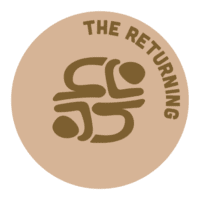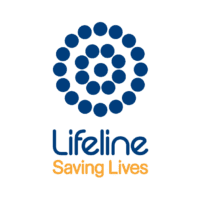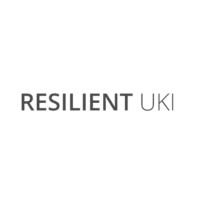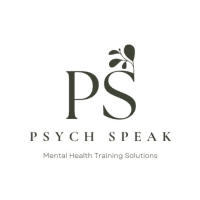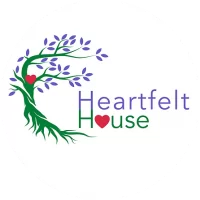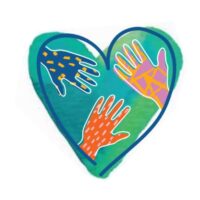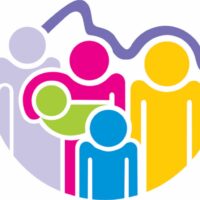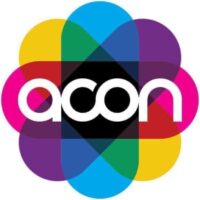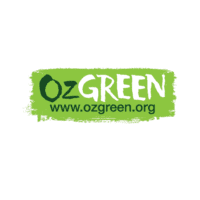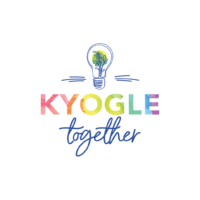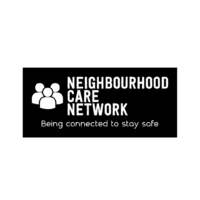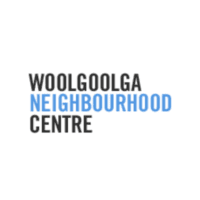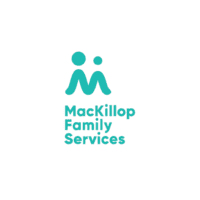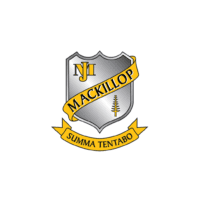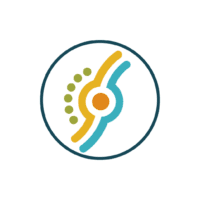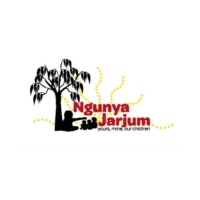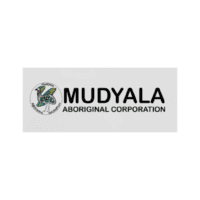Three years of delivering the CWR grant program has provided valuable insights into what matters most for building community resilience, and where barriers exist. Healthy North Coast is using these learnings combined with local needs assessment data1,2,3 and grantmaking literature to inform the next stage of the CWR program.
In March 2024, Healthy North Coast will invite eligible non-government not-for-profit organisations to express their interest in applying for funding under the CWR program. This stage of the program will focus on funding eligible initiatives that address health and wellbeing needs and demonstrate one or more of the following:
- Local knowledge and leadership to enhance community capacity and decision making.
- Building social capital, including strong social connections, cohesion, partnerships, trust and belonging.
- Practical place-based solutions that address community health and wellbeing needs.
As part of the grant application process, Healthy North Coast will trial an innovative participatory approach. Participatory grantmaking (PGM) is an emerging approach that involves non-grantmakers in funding decisions and has been found to enable; stronger relationships with communities and grantees, greater flexibility, innovation, and improved transparency.4
The 2024 CWR Program grant round is now open. Healthy North Coast invites not-for-profit community organisations or non-government organisations to respond to an Expression of Interest via the Healthy North Coast TenderLink portal The EOI will close 5pm Thursday 18 April 2024.
PROPOSED TIMELINE
February 2024
Information and feedback sessions delivered online
March 2024
Eligible organisations are invited to express their interest in applying for funding (via EOI)
April 2024
EOIs are shortlisted and eligible participants are invited to the collaborative PGM workshops
May - June 2024
Shortlisted EOIs participate in two collaborative workshops and grants are awarded through a participatory grant making approach
July - August 2024
Funding agreements executed
